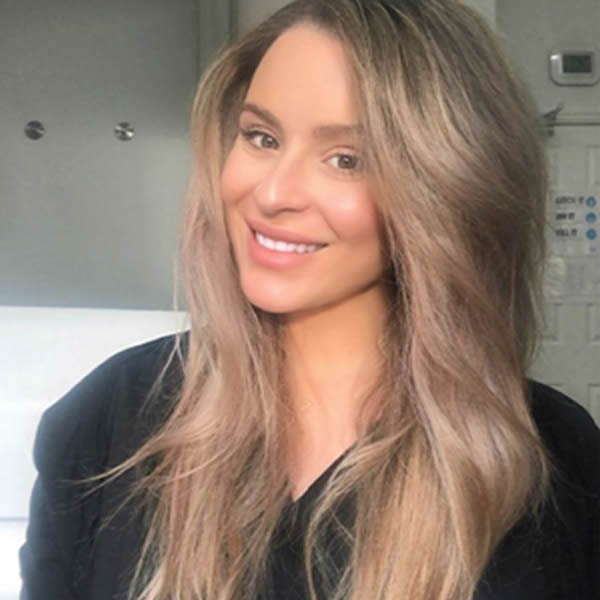Cystitis, Urinary Tract Infections
Cystitis literally means “inflammation of the bladder” and is used to describe acute infection, irritation or damage to the bladder. The good news however, is that it is easily treatable and usually clears up after a few days without causing any long-term problems. Women are more likely to get cystitis than men. This is because they have a shorter urethra (the tube from the bladder to the outside opening) located nearer the anus, making the spread of infection more likely. Some women are more prone to infection than others as the nearness of the anal opening to the urethral tube varies from woman to woman. There are several clinical descriptions or types of cystitis:
Bacterial Cystitis- accounts for about half of all cases. Inflammation of the bladder is caused by bacteria (germ) passing through the urethra and travelling up to the bladder, irritating its lining. As the number of germs increases, the bladder is unable to flush them out properly casuing an infection.
Interstitial Cystitis (IC) – affects an estimated 400,000 women in Britain and is a chronic (long term) inflammation of the bladder wall. It is not believed to be bacterial and does not respond to conventional antibiotics. The condition carries the obvious signs of ordinary cystitis but there is no bladder infection and there are no germs present in the urine. The cause of the condition is still unknown and as yet, there is no cure for IC, however, there are treatments which may help reduce symptoms. (see Interstitial Cystitis)
Recurrent Cystitis- refers to repeated cystitis where the frequency of infection causes concern. If there have been at least 2 infections of the bladder in 6 months or 3 infections in a one-year period then this is classed as recurrent cystitis.
Cystitis during pregnancy- cystitis is more common in pregnancy as the bladder muscles are softer and do not always allow the bladder to empty properly. This can result in some urine staying in the bladder and becoming stagnant, which makes infection more likely. Later on in pregnancy, the enlarged womb presses on the bladder which may either worsen the ability to empty completely or can sometimes cause intermittent incontinence. Also, during pregnancy, breastfeeding and the menopause; oestrogen levels are lower and the protection it provides may be lost, making the lining of the bladder thinner and more vulnerable. Hormone Replacement Therapy (HRT) for women who have been through the menopause can help reduce recurrent cystitis.
Causes
- Hygiene, wiping from back to front after visiting the toilet can spread germs towards the urethra. Inserting tampons can sometimes push bacteria into the urethra, thus spreading germs.
- Vigorous sex can cause bruising and inflammation of the vagina and urethra which can then lead to infection.
- A badly fitted diaphragm (contraceptive device).
- Tight trousers or tights and thongs.
- “Holding on” too long and not emptying the bladder regularly enough.
- Inadequate bladder emptying- when not all of the urine in the bladder is passed.
- Perfumed soap/bubble bath/etc.
- Sexually transmitted infections
- Urinary catheter- infection can happen more easily when catheters are used.
- Some prescribed medications, for example; antidepressants.
Symptoms
Bacterial Cystitis
- An almost constant urge to urinate, but only passing a small amount of urine each time.
- Burning or stinging pain in the urethra when passing water.
- Cloudy urine.
- Getting up several times through the night to go to the toilet.
- Blood in the urine.
- A strong or “fishy” smell to the urine.
- Fever or a temperature, generally feeling unwell and a dull ache in the lower abdomen and back – these symptoms may mean the infection has spread to the kidneys.
Interstitial Cystitis
- Urgent desire to urinate.
- Frequently needing to pass urine, in severe cases up to 70 times a day.
- Pain – recurrent abdominal, urethral or vaginal pain, often with symptoms getting worse during menstruation.
Diagnosis and Treatments
In the early stages, bacteria can be flushed out by drinking plenty of water and diluting the urine, while over-the-counter remedies, such as cranberry juice extract tablets or sachets can also help.
If cystitis lasts for longer than 48 hours, you will need treatment including prescription of a course of antibiotics, once the bacteria causing the infection is identified. However, if the symptoms are mild and not causing too much of a problem, it may be best not to advise antibiotics, to avoid ‘antibiotic resistance’(where the bacteria gets used to an antibiotic and this treatment no longer works). If the cystitis keeps recurring, especially if there is blood in the urine, a cystoscopy may be needed; a tiny telescope is placed in the bladder, under local or general anaesthetic, to look for a cause of bleeding.
Prevention
There are many simple things that can help to prevent cystitis from occurring;
- Drink plenty of fluids, preferably water (at least 2–3 litres per day/8 glasses) to keep the bladder ‘flushed’.
- Wipe from the front to the back after passing urine.
- Wear breathable cotton underwear and avoid tight trousers and tights.
- Don’t “hold on” as it causes stress to the bladder which can result in an attack of cystitis.
- Empty your bladder completely; this ensures there is no stagnant urine left in the bladder.
- Avoid perfumed soaps, bubble baths and vaginal deodorants.
- Avoid sex on a full bladder. Go to the toilet regularly and pass urine after sex.
- If you have a badly fitted diaphragm you may be prone to cystitis, try other forms of contraception or have it refitted properly.
- Cranberry juice- some women swear by drinking a glass a day to help prevent the onset of cystitis as it is said to contain a natural antibiotic. In the case of IC, cranberry juice or supplements can aggravate the infection. Women on the anti-coagulant drug Warfarin should not drink cranberry juice or take cranberry capsules.
- If you already have cystitis, it is best to avoid the following: Alcohol and caffeine- as they dehydrate the body, Acidic fruit juices and carbonated drinks, Spicy food and Sex.









Leave a Reply
Want to join the discussion?Feel free to contribute!